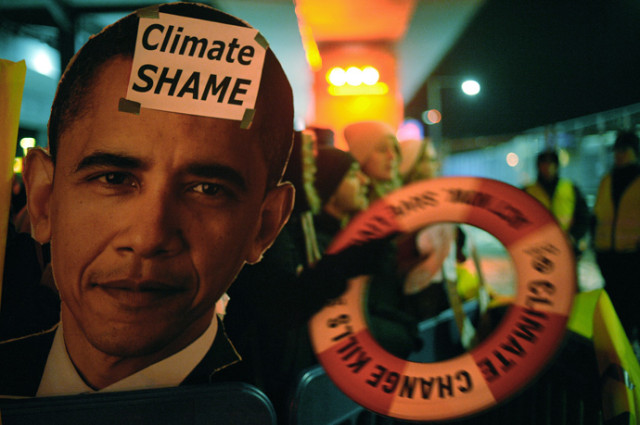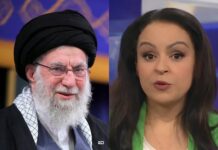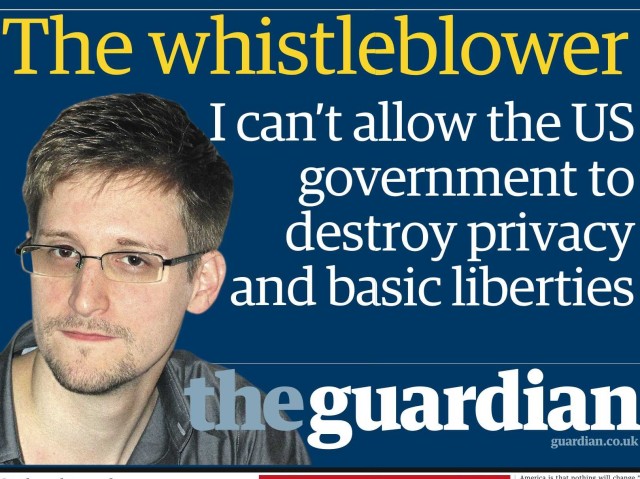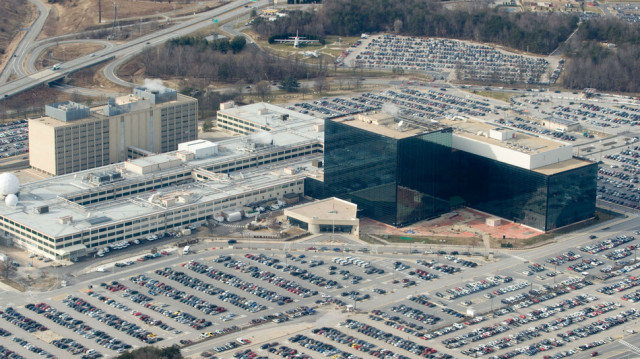By Ipshita Agarwal
Changing the way the world perceives America

Whistle blowers are meant only for companies, companies indulging in unethical, illegal and exploitative practices. Well, the US changed that last year. Edward Snowden, who has been nominated for the 2014 Nobel Peace Prize, blew the whistle on the NSA of the US. His statements revealed the extent of spying done by the most powerful democracy in the world.
Recently, he made another revelation, one that shocked the world yet again. He accused the US of spying on the 2009 United Nations Climate Change Conference in Copenhagen. Documents reveal that the NSA had provided advance details of the Danish plan to ‘rescue’ the talks should they founder, and had also learned of China’s efforts to coordinate its position with India before the conference.
The talks – which ended in disarray after the US- were marked by subterfuge, passion and chaos. The US, working with a small group of 25 countries, tried to ram through an agreement that other developing countries mostly rejected.
Some members of the G77 group of countries and certain others present at the conference now say that they ‘sensed’ the fact that the US was supremely aware of the developing and countries’ positions and documents. Others like Jairam Ramesh, the then Indian environment minister are shocked and outraged.
The US knew everyone’s cards. Yet, it lost. The Basic countries (Brazil, South Africa, India and China) bailed Obama out. With all their snooping, what did they get?- Jairam Ramesh, Indian Environment Minister in 2009
“Would you play poker with someone who can see your cards?”- Martin Khor, Director of the South Centre think tank
(the NSA headquarters in Fort Meade)
Previous disclosures by Snowden have indicated that the NSA has the ability to monitor the mobile phones of heads of state. Other documents indicated that the U.K.’s intelligence service tapped into delegates’ email and telephone communications at the 2009 G-20 meetings in London. Other previous Snowden disclosures documented the surveillance of the G-8 and G-20 summits in Canada in 2010, and the U.N. climate change conference in Bali in 2007.
Such revelations are becoming a matter of everyday affairs, now. What it brings to the forefront is not just the issue of extent of the US using its technological and positional supremacy to exert influence and spy on other nations; but the more important issue of trust in the Government. It has sprung up a debate regarding the depth of surveillance that citizens all over the world are subject to.
These questions leave us with a moral dilemma – If such is the outcome of sophisticated technology and of being a world ‘super power’, then, what or whom do the citizens repose their faith in? The Government that spies on them, or the ‘patriot turned traitor’ who blew the whistle?






































